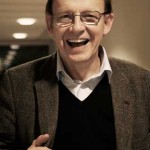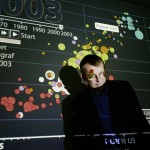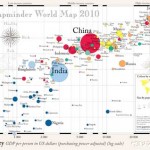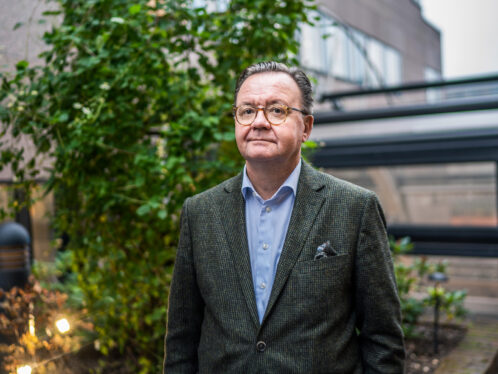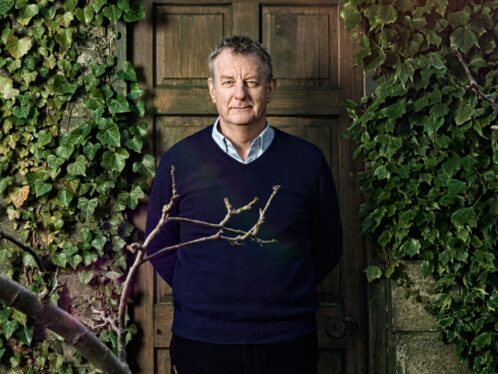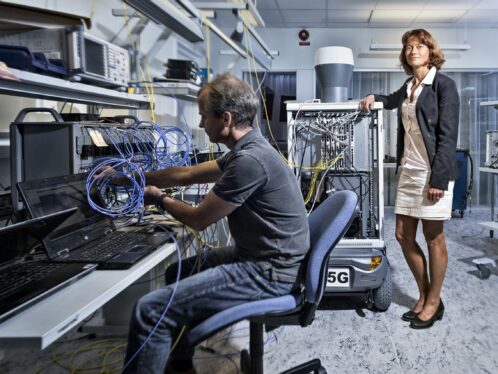Hans Rosling & the power of pillow talk
With the energy of a Spanish football commentator during an El Clásico game, international health professor Hans Rosling connects the dots, transforming dry statistics into mind-changing revelations about the state of the world.
A young couple whispers to each other before they go to bed, dreaming up their future: “We will have two children. They’ll have shoes to wear. They’ll go to school. And we’ll be able to buy them a bicycle and a guitar, and we will all go on holidays to the beach.”
Hans Rosling, professor of international health at Karolinska Institutet in Stockholm, Sweden, describes this pillow talk during a presentation at a conference in Kuala Lumpur, Malaysia, where Evolution meets up with him.
In Rosling’s view, the key to development lies in the bedroom, with an increasing number of young couples in the developing world crossing the poverty line to become healthier and wealthier.
“The world is full of modern families,” Rosling explains, and points to Vietnam, a country that has gone from an average of 7.3 children per family and a life expectancy of 47 years in 1965, to two children per family and a life expectancy of 75 years in 2009. By both measures, Vietnam is now on par with the United States.
And Vietnam is not alone, he says. Although the poorest nations remain poor, an increasing number of developing countries are catching up to the West on several fronts, education being one example. “The number of engineers in chemistry and physics that have graduated in India and China is slightly higher now than in Western Europe and North America put together,” says Rosling.
These changes started decades ago, in the 1970s in Asia and Latin America, he says, but they seem not to have yet sunk in in the West. Teaching students at Karolinska Institutet, Rosling discovered that their minds were fixed on an “us and them” divide, splitting the world into the rich and the developing world, with a huge gap between the two.
“The students’ world view in Sweden at the turn of this century corresponds with the reality that their teachers were born into in the 1940s,” says Rosling. This realization inspired him to promote a more fact-based worldview. In 2005, his son and daughter-in-law developed the unique Trendalyzer software as a way to bring statistics to life – “make them dance” as Rosling describes it.
In animated and interactive charts, countries are represented by bubbles, their size depending on a country’s population and their colour on which continent it belongs to – red for Asia, blue for Africa, etc. On the X and Y axes a number of different variables related to world development can be chosen, such as life expectancy, number of children, literacy rate or CO2 emissions. When you activate the animated chart, you follow the countries’ development through time (you can choose which countries you want to observe), in some cases dating back to the early 1800s.
Rosling uses everything from charts to IKEA boxes to make statistics easy to grasp. The result is that he is now a global guru in his field. For example, he’s starred in the BBC documentary The Joy of Stats, and his presentations, which have been posted on YouTube, have had millions of hits.
“Today I launch a new name for the developing world,” Rosling told the participants in the Kuala Lumpur conference. “I call it ‘the world’. That’s where people live. And that’s where the Western world has to integrate. Not the other way around.”


